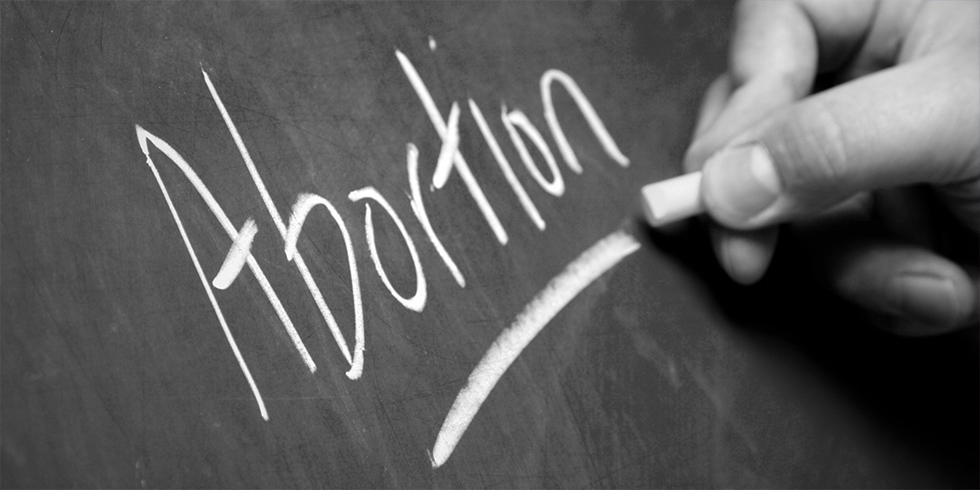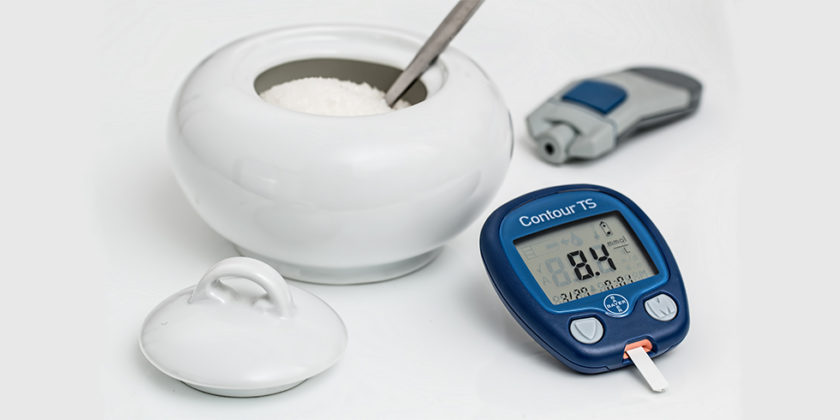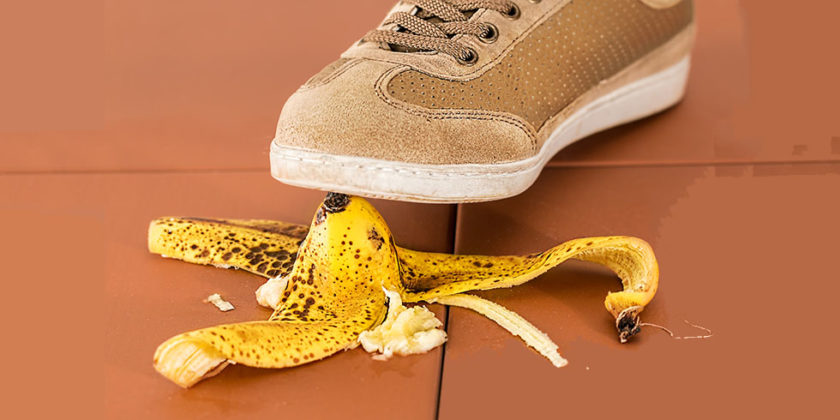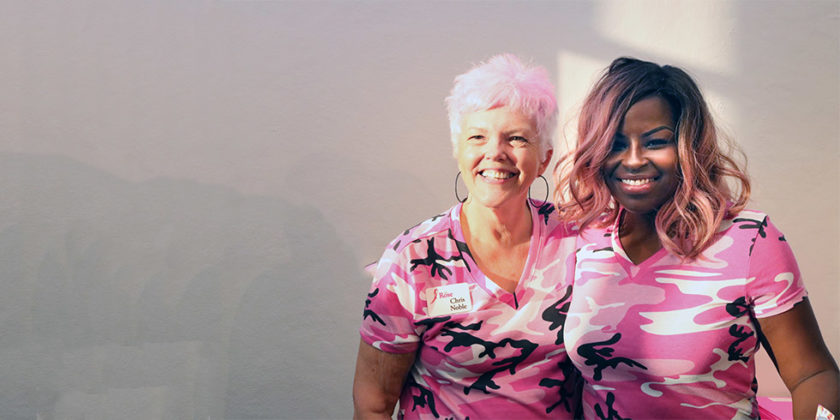Abortion in Kenya: A Public Health Crisis
Not a few women who have been confronted with the reality of unwanted pregnancy have chosen to resolve their problem through abortion in Kenya. Abortion is a procedure that makes use of medicine or surgery to remove the embryo or fetus and placenta from the uterus to end a pregnancy. The procedure is usually done by a licensed physician or someone acting under the supervision of a licensed physician. But lately, it has been done by even unqualified personnel endangering the life of the woman. Women even buy abortion pills from backstreet dealers in Kenya to do the procedure themselves.
Research shows that women are just as likely to get an abortion whether it is outlawed or legal. Statistics show that one out of five pregnancies ends in abortion. In a study examining abortion trends from 2016, experts also found that abortion rates are virtually equal in rich and poor countries, and that half of all abortions worldwide are done in an unsafe manner due to laws or stigma.
In spite of the legal status of abortion in the Kenyan constitution, it has never dissuaded women who seek to end unwanted pregnancy. Abortion accounts for 13 percent of maternal mortality worldwide. While 70,000 women die every year from unsafe abortions, an additional five million women suffer permanent or temporary injury as a result of this procedure. This figure keeps rising as more and more women seek these procedures due to tough economic times and the burden of child bearing and nursing is unpleasing to them.
TheStandard: Back street abortions on the increase even as debate rages on
Although worldwide, abortion rates have dipped from about 46 million in 1995 to just under 42 million in 2003, the rate of unsafe abortion didn’t change at all. The incidence of unsafe abortion in Kenya continue to rise with nearly 77% of the procedures still performed illegally in potentially dangerous conditions, making it a public health crisis and an assault to human rights. It is estimated that over 360 abortions are done daily in Kenya, and over 70% are done illegally.
The increase in contraceptive medication is seen by some sectors as a way to minimize, if not totally eliminate, unsafe abortion in Kenya. However, while more countries are allowing women to have abortions in a legal way, many women are still receiving medical attention only after the procedure has gone wrong. Women shouldn’t have to hurt themselves before they get the necessary medical attention. Unsafe abortion may be defined as a procedure performed by people lacking the required skills or done in an environment that does not conform to the proper medical standards.
Providing safe abortions depends on a working health-care system. Experts believe that improving access to safe abortion in Kenya requires improvement on women’s health. In the last two decades, there has been little improvement to help women survive pregnancy and childbirth until the linda mama inititive in Kenya by first lady Margaret Kenyatta, due to poverty. While improvement in child health can be done with government support, such as immunization against various diseases, the same cannot be said with improving women’s health as funds are restricted from any health services associated with abortion. Recently, the United States enacted laws governing foreign funding done to organization that promote abortion. This in a way has affected such organizations as Marie Stopes, which have started shutting down some clinics in Africa. While it’s super controversial, Marie Stopes in Kenya offers safe abortions and it’s eventual close down will expose more women to unsafe and illegal abortions as they seek any means possible to get rid of the pregnancy.
Donald Trump leaves Marie Stopes with £60m funding gap
TheCitizen: Marie Stopes ordered to close down 10 health facilities in Tanzania
Abortion is about making a decision about ending the life of a baby. The debate is still on whether the fetus can be medically considered a human being — a factor that defines the morality or lack of morality of the choice to undergo an abortion. Indeed, given the very sensitive nature of this procedure , abortion should be considered a very personal decision that requires counseling as guided by laws.








